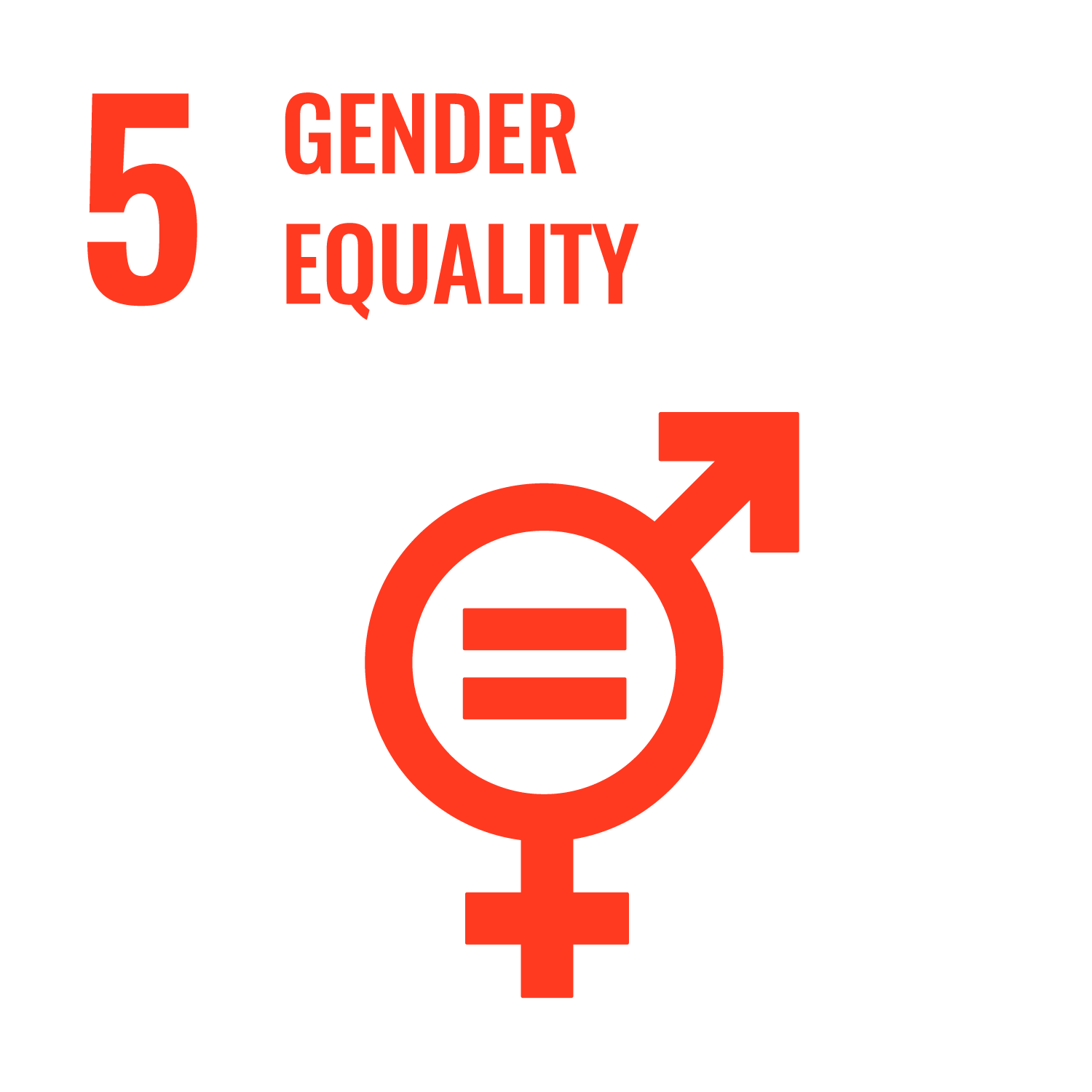NEWS
UoB Trains Students in Dialogue Skills and Accepting Others’ Opinions

Within the “Future Leaders” program
UoB Trains Students in Dialogue Skills and Accepting Others’ Opinions
The Dean of Student Affairs at the University of Bahrain (UoB), Dr. Fatima Mohammed Al-Maliki, stressed the importance of respect, flexibility, and acceptance of the other’s opinion in any dialogue for its success, and stressed the importance of choosing the right time for a successful dialogue, calling not to monopolize dialogue and to avoid raising voices to impose views.
In a lecture entitled “Dialogue Skills and Accepting Others’ Opinions”, within the program of workshops to prepare future leaders, Dr. Al-Maliki stressed that “Respect is one of the most important requirements for dialogue and communication, as it reflects a person’s culture, upbringing, and basic principles, and is one of the skills that an individual can train on and acquire,” she added, “Sometimes in dialogue and discussion you must show respect clearly and emphasize it, and to demand respect from others in an appropriate manner”.
Also, Dr. Al-Maliki called students to avoid overreacting during dialogues, explaining that extreme emotion and anger may cause loss of focus, which leads to utter inappropriate words, not hearing what the other party is saying, in addition to imagining hearing things that were not said at times as well, and thus the interaction of the interlocutor will be negative.
Furthermore, Dr. Al-Maliki called for having flexibility in dialogues, stating in this context that “The skills required to be in the interlocutor are flexibility, the ability to understand, absorb and deal with different points of view on the one hand, and the ability to keep pace with the dialogue and proceed with it even if it deviates from its path or returns to the starting point on the other hand,” stressing that “flexibility is one of the most important skills needed to manage or participate in an effective dialogue, and flexibility is manifested in expressing new convictions after dialogue or discussion.”
During her speech on Microsoft Teams, Dr. Al-Maliki stressed the importance of mastering body language for the success of the dialogue and considered that “Body language is a major part of every dialogue or discussion, noting that mastering reading the expressions and emotions of others that are apparent from their bodies is one of the most important skills for dialogue and debate management.”.
Furthermore, she added that body language is read and not written, so it requires the development of reading body language, as controlling movements and voice tone must be natural and come from practice, noting that self-confidence is a key to expressing body language perfectly without the need for artificiality.
Also, Dr. Al-Maliki reviewed the causes of difference and said: “We disagree because we exercise our natural right to express an opinion, conviction or perception that we hold, even if it is not in harmony, agreement or similarity with others, and we disagree because we carry different, diverse and multiple fingerprints, genes and convictions,” explaining that “When we believe in the reality of the differences between various human beings and when we give the other his natural right to express his opinions and convictions without personalization, we come to know very well how we to be different from each other.”
Dr. Al-Maliki said that the concept of difference is a culture, an approach, and behavior, regardless of its source, level or severity, and it is a very advanced state of sophistication, awareness and responsibility among societies, peoples and nations, especially those that believed in the inevitability and necessity of difference as a civilized and human culture that deserves to be rooted in the thought, mood and conviction of human beings.
In addition, she stated that “It is very important to educate people about the culture of difference, and to give large spaces for thinking, dialogue, discussion and agreement to reach positive results that have great benefits for society and future generations.”
As Dr. Al-Maliki explained the types of dialogue, saying: “Among the types of dialogue are (argument) and it is reprehensible in general because it usually takes place between opponents, (dispute) which is about bringing everything that the interlocutor is convinced of and sees according to his insight to others through this kind of discussions or contests, and (discussion) which is between two or more people and depends mainly on investigating all that is right and avoiding and leaving mistakes.”












